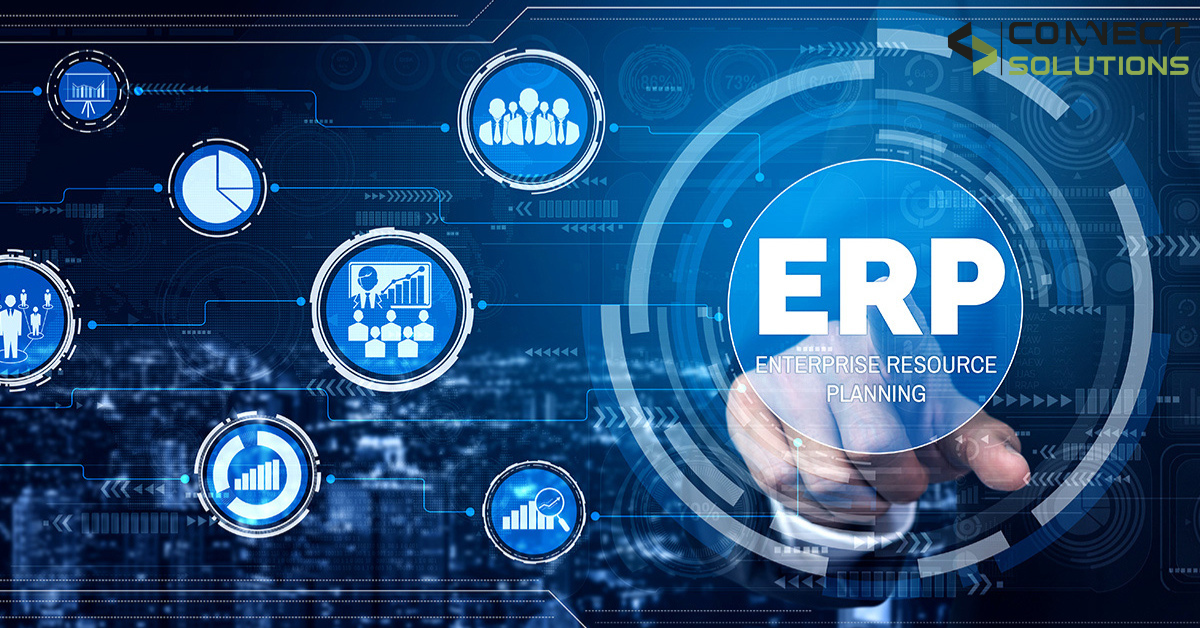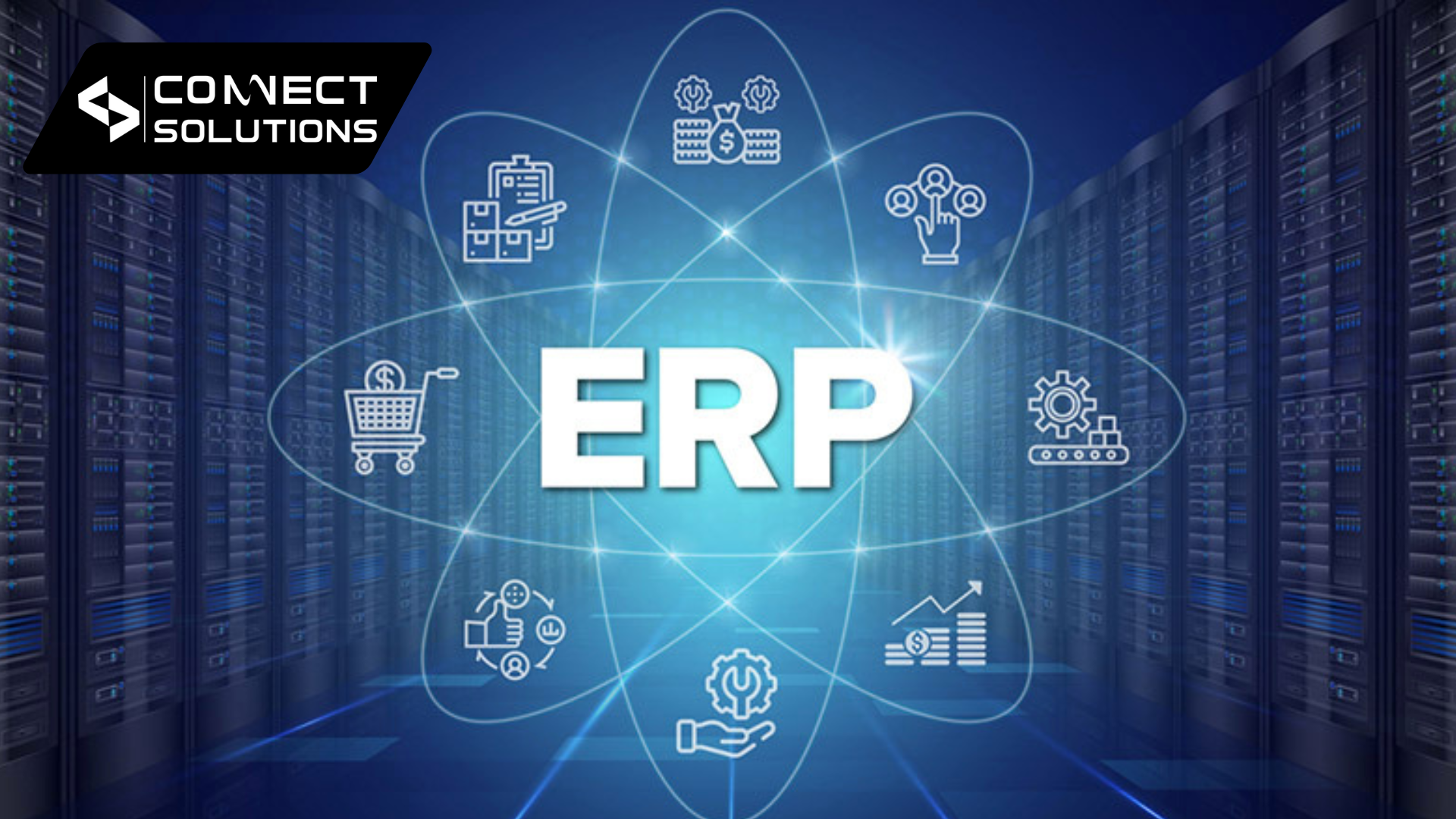Running a modern business means juggling countless tasks at the same time. From managing sales and finance to keeping track of employees and vendors, things can easily become overwhelming. That’s where Enterprise Resource Planning (ERP) steps in. If you have ever wondered how ERP systems work, this blog will walk you through it in simple terms. Many companies find that understanding ERP early saves them time and resources in the long run.
ERP is not just another software. It is a complete system designed to bring every department of your business onto one platform, making operations smoother, faster, and more connected. With ERP, businesses can track progress and manage resources efficiently, helping teams focus on growth rather than repetitive tasks.
What Is ERP? Enterprise Resource Planning Explained
ERP stands for Enterprise Resource Planning, a system that integrates different functions of a business such as finance, HR, supply chain, sales, and customer service. Instead of working on separate tools and spreadsheets, ERP provides a centralized system that connects everyone in the organization. Companies that adopt ERP see noticeable improvements in collaboration and efficiency almost immediately.
Key Functions of ERP
- Data Integration: All departments share the same information, ensuring consistency.
- Automation: Routine tasks like invoicing or stock updates are automated, freeing staff to focus on strategic work.
- Real-Time Access: Managers can view financial or operational data instantly, helping them act quickly.
- Analytics: ERP generates detailed reports for better decision-making and future planning.
When businesses use ERP, they shift from chaos to clarity. This creates an environment where employees can work more effectively, and managers can lead with confidence.
How ERP Systems Work in Practice
The easiest way to understand ERP is to imagine it as the central nervous system of a business. Every part communicates seamlessly, ensuring smooth operations and clear information flow.
- Data Collection: ERP gathers data from every department, whether it’s sales, HR, or finance.
- Processing: The system processes this data into meaningful insights that drive action.
- Sharing: Information is shared across the company, so everyone works on the same page.
- Decision Support: With real-time analytics, managers can act quickly and accurately, improving outcomes.
For example, when sales enter a new order, ERP automatically updates the inventory, generates an invoice, and notifies the finance team. This smooth workflow shows exactly how ERP systems work to streamline everyday operations. Organizations using ERP save countless hours each month while reducing errors.
Benefits of ERP Software for Modern Organizations
1. Unified Business Operations
ERP eliminates silos between departments. Whether it’s HR, finance, or supply chain, all operations are connected. This ensures everyone is working with the same information and goals.
2. Real-Time Organizational Insights
Businesses get instant reports on sales, profits, or costs, which help leaders make informed decisions. Real-time insights enable faster responses to market changes and internal challenges.
3. Operational Productivity with ERP
By automating repetitive tasks, employees spend less time on manual work and more time on growth. Productivity increases as teams focus on strategic activities instead of routine chores.
4. Centralized Data Management
No more scattered files or inconsistent records. ERP ensures one source of truth for all data. Accurate and centralized information reduces errors and improves efficiency.
5. Scalable Business Solutions
As your company grows, ERP adapts with it. From small teams to large enterprises, the system scales easily. Businesses can add modules or users without disrupting existing operations.
ERP System Modules That Power Businesses
ERP software is usually made up of different modules, each focusing on a specific area of business. Each module can be customized to suit the unique needs of a company.
Finance and Accounting
Tracks income, expenses, payables, and receivables. Generates financial reports instantly. This helps businesses maintain accurate financial records effortlessly.
Human Resource Management
Covers payroll, attendance, performance, and employee records in one place. Managers can quickly access all HR-related information in real-time.
Sales and Customer Relationship Management (CRM)
Helps manage leads, track sales, and improve customer satisfaction. Sales teams can respond faster and build stronger relationships with clients.
Supply Chain and Inventory
From purchasing to warehouse management, ERP ensures better stock control and vendor management. This leads to reduced shortages or overstock situations.
Reporting and Analytics
Visual dashboards provide a clear picture of overall business performance. Decision-makers can act quickly based on actionable insights.
How Companies Implement ERP Systems
Many businesses hesitate to implement ERP because they assume it’s complex. The truth is, with the right provider, the process is straightforward and highly rewarding.
ERP Implementation Guide
- Needs Assessment: Identify which areas need ERP the most to maximize benefits.
- Customization: Tailor the software to match your business workflows.
- Training: Ensure employees know how to use the system effectively.
- Integration: Connect ERP with your existing apps and tools.
- Continuous Support: Keep updating the system as your business grows.
Connect Solutions provides cloud-based ERP systems that integrate finance, HR, and supply chain into a single platform. With real-time access and advanced reporting, managers can focus on growth rather than chasing data.
ERP and Digital Transformation
ERP is at the heart of digital transformation. It’s not only about streamlining workflows but also about preparing businesses for the future. Companies adopting ERP often see faster adaptation to market changes.
- Improved Decision-Making through real-time insights.
- Scalability to meet the needs of growing companies.
- Automation that reduces human error.
- Integration with modern apps and cloud systems.
In short, ERP transforms how organizations think and operate, providing a clear path to growth.
ERP Comparison Table
| Feature | Traditional Systems | Connect ERP |
| Data Management | Scattered & manual | Centralized cloud-based |
| Decision-Making | Delayed reports | Real-time reporting |
| Operational Efficiency | High manual effort | Streamlined workflows |
| Scalability | Limited | Scalable for growth |
| Cost Control | Difficult | Contact for pricing |
Conclusion
Understanding how ERP systems work helps businesses see why they are no longer optional but essential. ERP provides a unified platform where every operation, from HR to finance, works in sync. With centralized data management, automation, and real-time reporting, organizations can achieve higher productivity and smarter decision-making.
If you’re a growing company aiming for better efficiency, ERP is your pathway to success. Reach out to Connect Solutions at WhatsApp: +92 300 1110365 or Email: info@connect-sol.com to get started today.
Frequently Asked Question
How ERP systems work in simple terms?
ERP works by collecting data from all departments, processing it, and sharing it across the company for better collaboration and decision-making. Contact Connect Solutions to see a live demo.
What are the main benefits of ERP software?
It streamlines operations, provides real-time insights, automates tasks, and supports scalable growth.
Is ERP only for large companies?
No, modern ERP systems are scalable and work well for small, medium, and large businesses.
How long does it take to implement ERP?
It depends on the size and complexity of your business, but with proper planning, implementation can be smooth and efficient.
What modules are included in ERP systems?
Common modules include finance, HR, supply chain, sales, CRM, and reporting.
Can ERP help with decision-making?
Yes, ERP provides real-time organizational insights, enabling managers to make faster and smarter decisions.
How does ERP improve productivity?
By automating routine tasks and integrating workflows, employees save time and reduce errors.
Is cloud-based ERP better?
Yes, cloud-based ERP offers real-time access, scalability, and easier updates compared to traditional on-premises systems.




